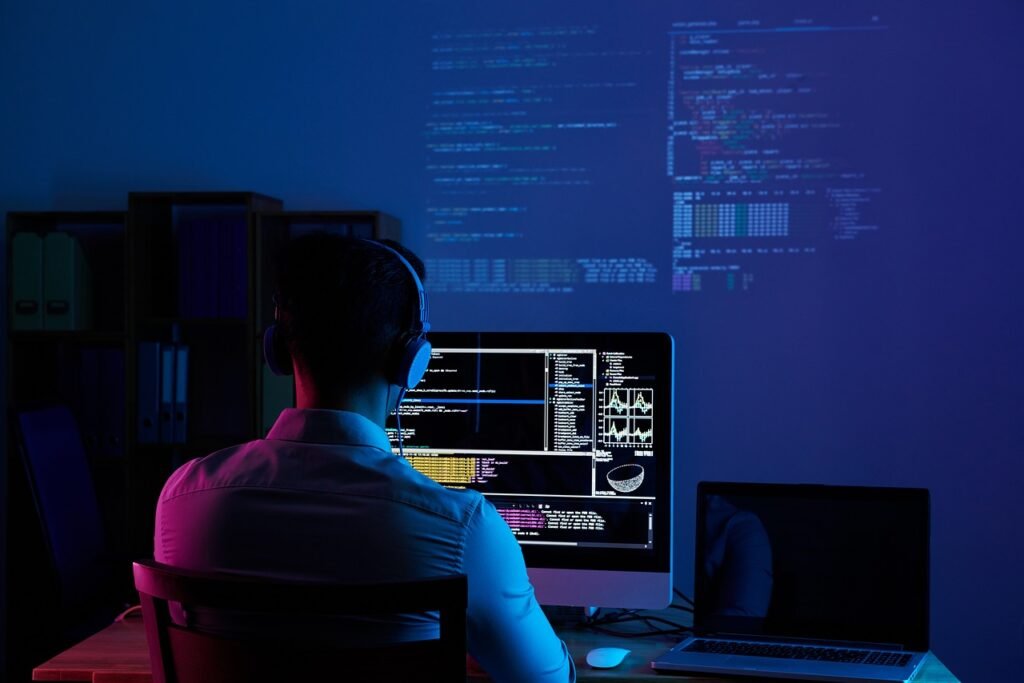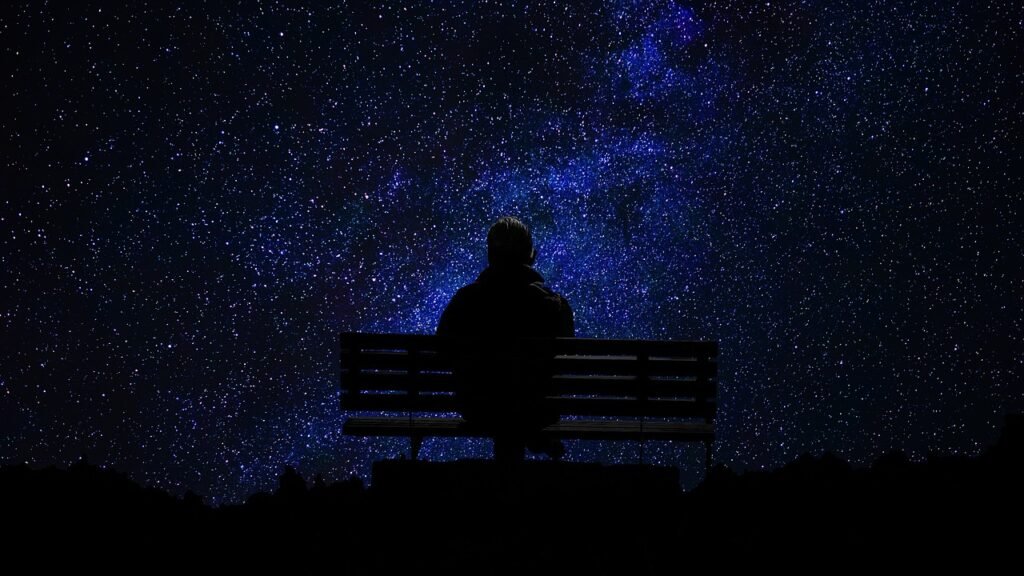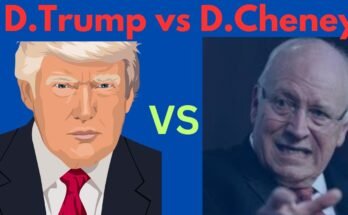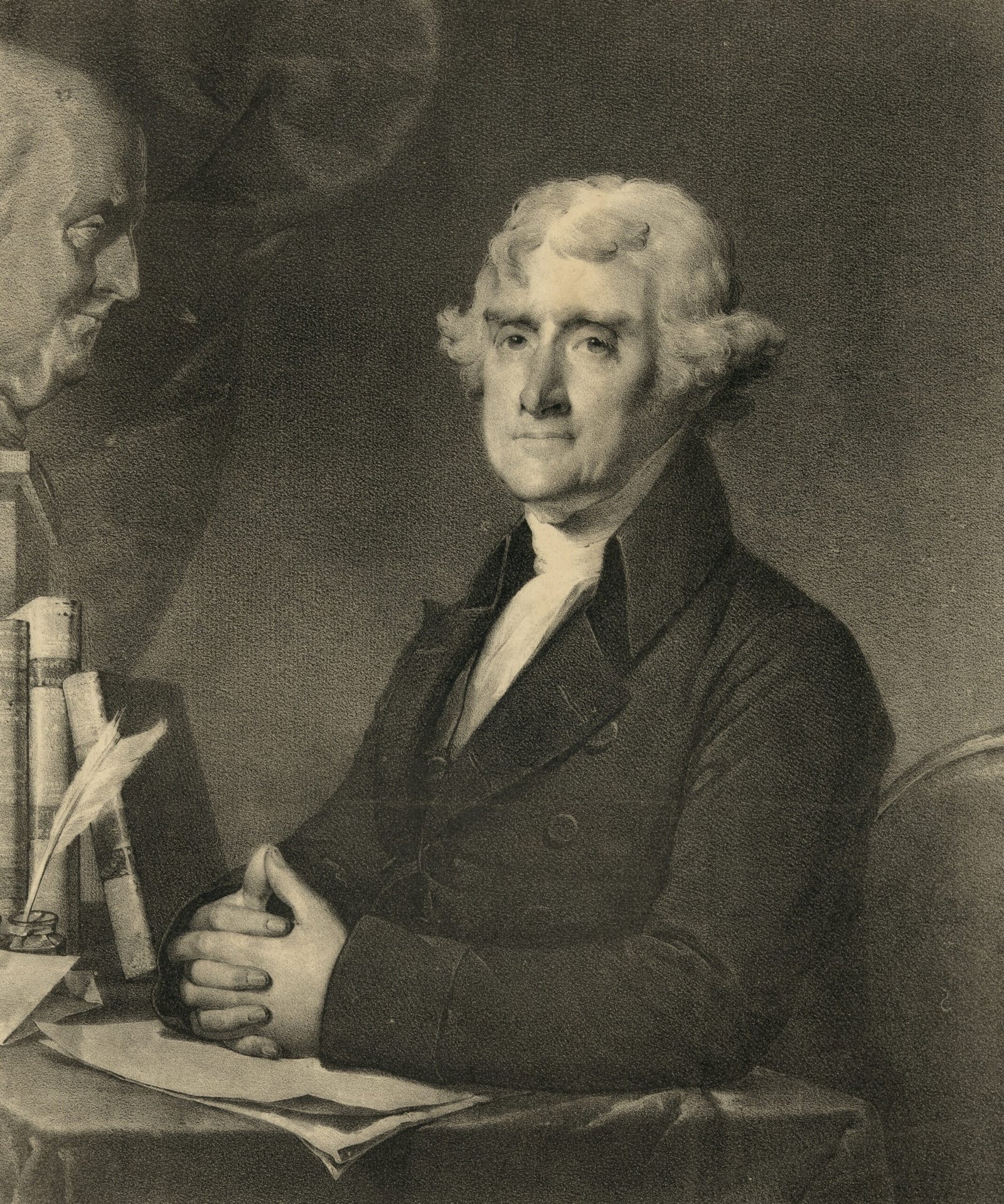What do you know about the secret power of the world now and how it works?
the secret power of life
In today’s world, much of the power that shapes our lives remains hidden from view. While governments, economies, and technology are often seen as the driving forces, there are deeper, less visible currents influencing global dynamics. Understanding this “secret power” is crucial to comprehending how the world truly operates. This article will explore the various elements that make up this hidden power, how it affects societies, and the mechanisms through which it works.

The Role of Information Control
Dominance over information is one of the many unexposed forms of power in any society. As these mediums – the media, the internet, and the social sphere – enable the perceived control of people, so does the command of the information which flows within it. Corporations, governments, and even individuals use passive aggression to unfairly open strategy compartments, twist the media, and steer social networking to change attitudes, conduct commercial activities, and fulfill political objectives. In this regard, while information is regarded as trivial, those in authority possess the unique ability to manipulate its distribution in order to serve the desired purpose.
Consider for example the influence of social network applications. Social media outlets including Facebook, X (previously Twitter), Instagram, and others are in thousands of millions of users on earth. These platforms have the power to choose content which should be promoted to audiences or that should be hidden, affecting the sociopolitical dynamics. And through the wide use of algorithms, they can push forward certain ideas while burying the others, crafting the perspective of the people using their services.

The Global Financial System
One more component of the concealed authority is the world’s financial system which is still in the hands of a few self-interested investors. Ubiquitous entities such as the World Bank, International Monetary Fund (IMF), huge private banks, and even regional multinational banks often dictate economic policies for the entire country. It is these entities that loan money, determine the conditions of the income, and make other countries or businesses that are considered ‘risky’ ineligible. Thus, they impact the global economics and politics to a very large extent.
Apart from these institutions, the decision-making processes that leave a global impact are also executed as a result of affluent individuals who have been able to curve out the majority of the wealth. The richest one percent possess almost half of the total wealth of the globe. This financial class has the means to alter the course of policy, change the flow of markets, and even finance certain endeavors which help their cause. Usually, these things happen in the background and the public does not understand how such a level of wealth ownership can be detrimental to the world’s operational structure.

Technology and Surveillance
Technology is an overt force within society; it also has other unbeknownst to many characteristics. The focus on new technologies including surveillance, artificial intelligence, and the gathering of personal data has entangled individuals within society. In the contemporary world, a person’s browsing history and even physical coordinates are easily accessible to the institutions and organizations. While this information is frequently employed for predictive analytic and marketing purposes, the more troublesome use is for monitoring the population.
It is well-known that the nations such as China and the United States have effective capabilities to conduct surveillance over the broad spectrum of activities ranging from social media engagement to communications between individuals. With the introduction of machine learning into these systems, it transforms the way control and supervision is undertaken, as it allows the detection of threats and assessment of individuals the state deems as a threat and public opinion management with ease. Knowing what people are doing is powerful, but knowing what they will do even before they do it is the real power.

The Power of Ideologies
The power that is usually neglected is a more conceptual one, which takes the form of ideologies and the worldviews and decisions that stem from them. Some prominent societies include capitalism, democracy, socialism, and nationalism. These ideologies, more often than not, are the engines behind policy, war, and economies.
Yet who manages these ideologies? Would for example think tanks, or political parties or the media do this for particular ideologies? They shape the perception of the masses concerning the economy, government, and culture. These ideas may be ethereal, but they still influence the geopolitics of the world in the sense that they determine the rulers and how wealth will be shared among people.
Secret Societies and Elites
In this case, the events in question concern secret societies and elitism which perhaps influences on world affairs from political shadows. Whether it involves the Bilderberg Group, Freemasons, or any such compendium of powerful individuals, the notion of external interference is certainly rampant. While some may contend about the degree of their reach, it is apparent that decisions that matter are made in places that are inaccessible to the public, and only their ‘benefits’ are left trickling down them to be felt by the masses.
These meetings enable presidents, high-profile entrepreneurs, and other so-called elites to align their activities, exchange knowledge, and on occasion, alter the course of events without any public discourse. However, it is wise to note that not all clandestine associations are non-innocent, but such influences are evident from their concealing behavior which further provokes a belief in the presence of external forces.

Conclusion: Unveiling the Secret Power
Today, the world is more complicated and interconnected than it has ever been, with much of the power used to shape it hidden from the eye. This includes information control, the global financial system, technology, and ideological capabilities; these elements are of utmost importance to understanding the dynamics of the world today. Such forces may well be concealed from, or at best, only partially observed, by those who operate within the full force of their effects on most regimes, economies, and societies. It is possible, for instance, to speak of powers that are intricately intertwined with the workings of a nation or an institution or a society but which reside, quite consciously, out of sight. The first step in learning to cope with such various powers is uncovering and challenging those particular regimes and institutions which the individual is exposed to the most.




